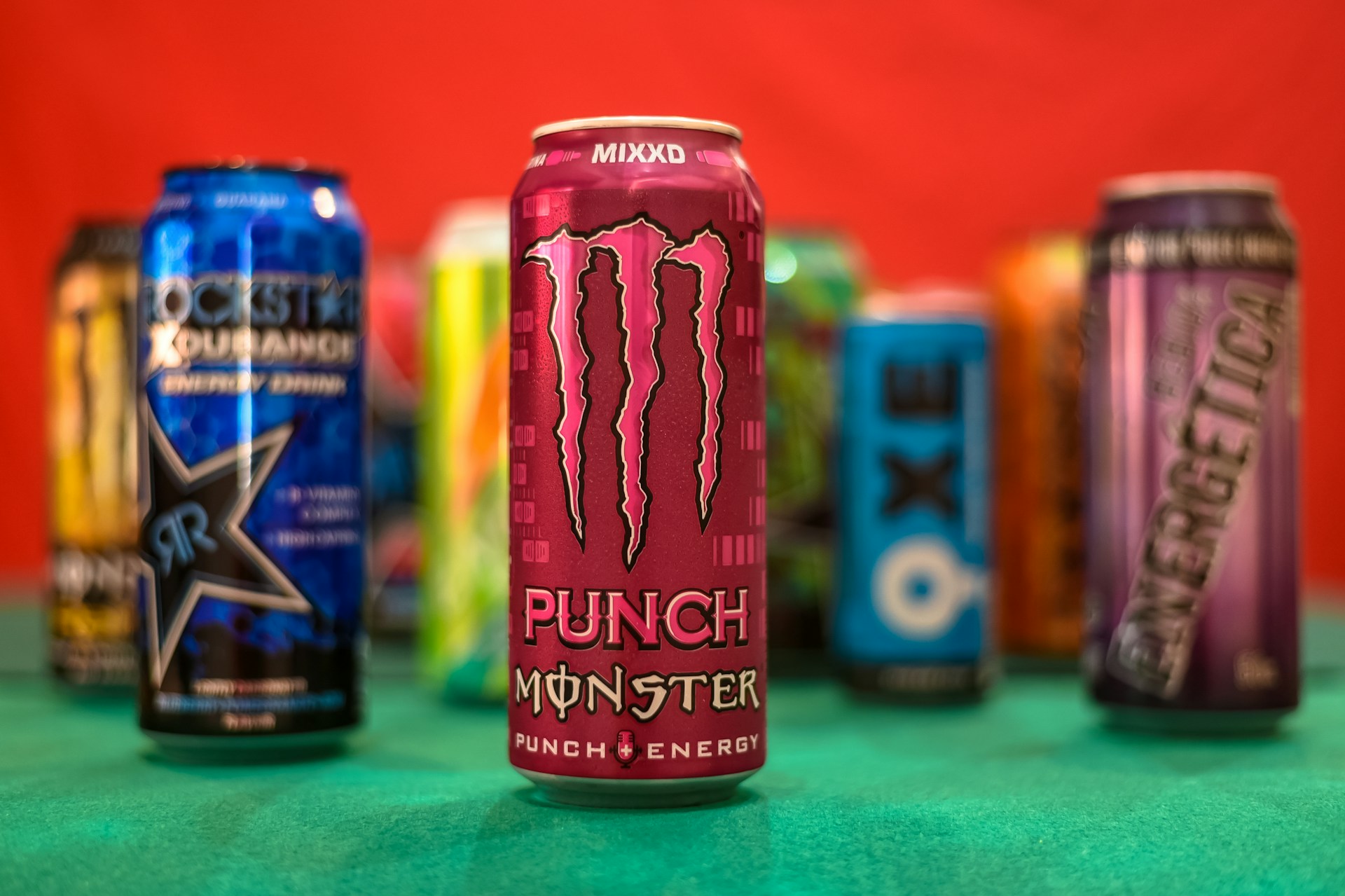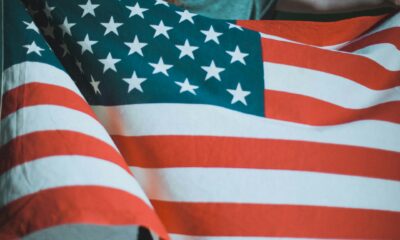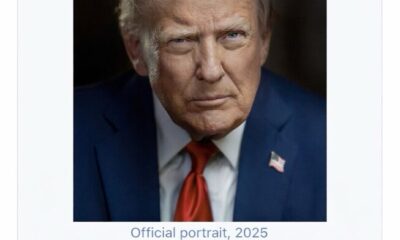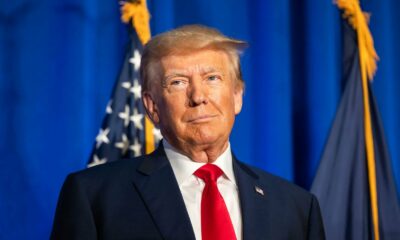News
England Cracks Down on Energy Drinks for Kids: A Ban That Could Change School Days

A Health Wake-Up Call for England’s Youth
The UK government is taking a bold step by moving to ban the sale of high-caffeine energy drinks, like Red Bull, to anyone under 16. The announcement, made this week by Health Minister Wes Streeting, follows years of concerns from parents and teachers about the effects of these sugar-and-caffeine-packed drinks on children’s health and concentration.
“By preventing shops from selling these drinks to kids, we’re helping build the foundations for healthier and happier generations,” Streeting explained, framing the decision as an investment in young people’s future.
Why Target Energy Drinks?
The numbers are worrying. Research suggests that as many as one in three teenagers between 13 and 16 regularly consume energy drinks. Some cans carry more caffeine than two cups of coffee, alongside sugar levels that nutritionists say contribute directly to obesity, tooth decay, and poor sleep.
For years, many supermarkets have already taken the voluntary step of banning sales to minors, but smaller retailers and corner shops have continued to sell them freely. Parents have often complained that their children arrive at school wired on caffeine and unable to concentrate. “How can we expect kids to do well at school if they’ve had the equivalent of a double espresso before class?” Streeting asked pointedly.
A Step Beyond Labels
At present, drinks with over 150mg of caffeine per litre must carry a warning label advising they’re “not recommended for children.” But critics argue warning labels haven’t worked, with flashy branding and peer pressure often outweighing health advice. The new move shifts responsibility away from teenagers and onto retailers.
The government has launched a 12-week consultation to gather feedback from health experts, educators, retailers, and the public before finalising the ban.
Mixed Reaction From the Public
Social media reaction has been swift. Some parents welcomed the move, calling it “long overdue” and comparing energy drink restrictions to cigarette sales. Others argued it edges towards “nanny state” politics, questioning whether it should be the government’s role to regulate what children drink.
Teachers’ unions have largely voiced support, saying they’ve seen first-hand the negative impact of these drinks in classrooms. Health campaigners have also pushed for the measure, noting that England joins a growing list of countries rethinking caffeine consumption in young people.
What Comes Next?
If approved after consultation, the ban will put energy drinks in the same restricted category as alcohol and cigarettes for under-16s. For parents, it may come as a relief. For manufacturers and corner shops, it could mean a significant shift in business.
The bigger question, though, is whether banning energy drinks will actually improve health and school performance, or whether young people will simply find other ways to get their caffeine fix. Either way, the conversation has sparked a broader debate about the role of government in shaping healthier lifestyles for the next generation.
Source:EWN
Follow Joburg ETC on Facebook, Twitter , TikTok and Instagram
For more News in Johannesburg, visit joburgetc.com


























